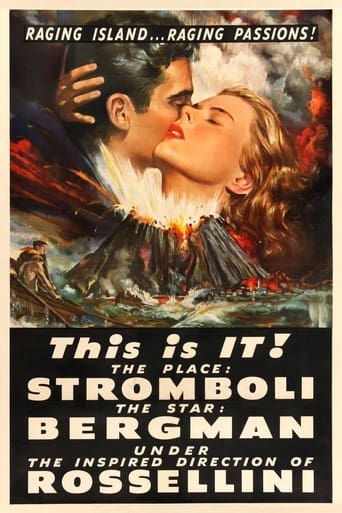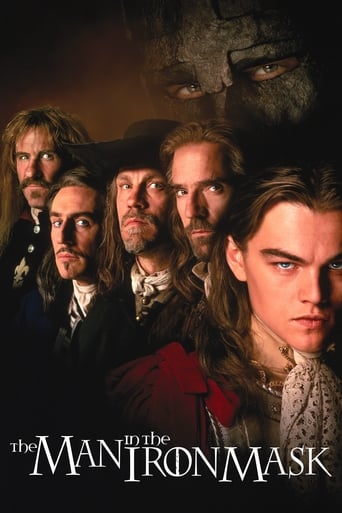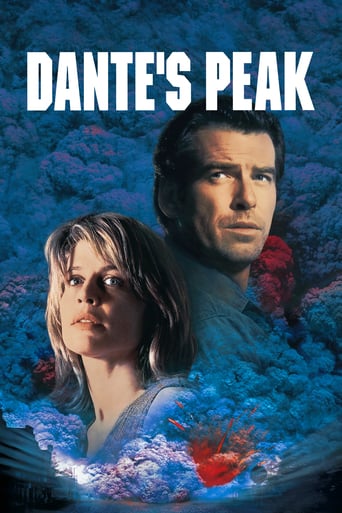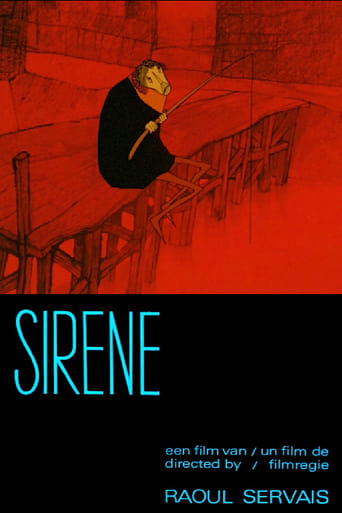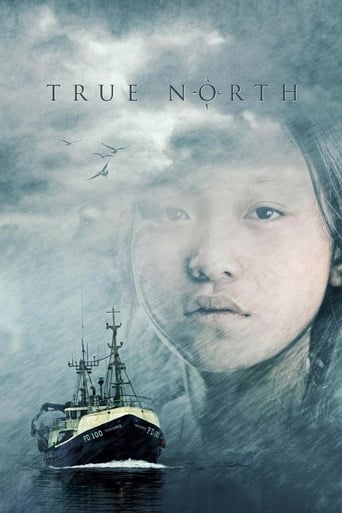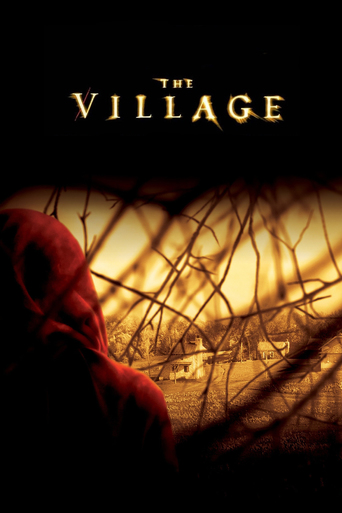Stromboli (1950)
After the end of WWII, a young Lithuanian woman and a young Italian man from Stromboli impulsively marry, but married life on the island is more demanding than she can accept.
Watch Trailer
Cast


Similar titles
Reviews
I love this movie so much
It's entirely possible that sending the audience out feeling lousy was intentional
A movie that not only functions as a solid scarefest but a razor-sharp satire.
It's easily one of the freshest, sharpest and most enjoyable films of this year.
Roberto Rossellini's film is very powerful. So, I don't want to review more. His work makes his film great. And he is one of the great filmmaker of the world. I am agreed with that. 'Stromboli' one of his great work. At first I thought it is a fiction film but at the last few scenes make me to change my mind . I knew that it is a non fiction film. Roberto Rossellini captured some scenes of fishing that are non fiction and real. So it is fiction and non-fiction both of them. I like it very much. It is also an example of Italian New realism.
While Ingrid Bergman was in Europe shooting Under Capricorn for Alfred Hitchcock, she had a meeting with Italian director Robert Rosellini which would dramatically change her life and lead to one of the major film scandals of the 20th Century. She and Rosellini began an affair which resulted in her pregnancy which stars did not go public with back in those days. Especially if they were already married. It led to her Hollywood exile. But all that came after she agreed to leave Hollywood and star in Rosellini's new film Stromboli.The financing of the film according to the Citadel Film series book the Films of Ingrid Bergman was from Howard Hughes. And RKO Studios released it here in the USA. According to Rosellini American censors butchered the film and he disowned the American product. It got mixed reviews over here, a lot of that due to Ingrid's indiscretions. It is fascinating how stars get bound to an image. No one who played saints and nuns on the screen could be involved in anything as sordid as an illicit affair resulting in a pregnancy. Our puritanical selves exiled here for years, she would not do another American production until her second Oscar film Anastasia.Watching Stromboli today I have to say that the story did not make Ingrid a sympathetic figure in the film. She's a displaced refugee after World War II and marries an Italian soldier discharged who takes her to his home on a Mediterranean volcanic island named Stromboli. The people there make their living as fishermen and Bergman who has some education feels totally out of place. She can't make any friends there save for a lighthouse keeper Mario Sponza. That friend her husband Mario Vitale doesn't like and he beats her when he suspects an affair.Even after Bergman discovers she's pregnant she still wants to leave Stromboli bad. In a scene that I can't believe got by the censors she's even trying to seduce the village priest who offers her pious platitudes and nothing more.Looming over all is the volcano and these people who know any minute that the volcano could destroy them all, just live and accept where they are. Someone who wants to get out as bad as Bergman does, simply doesn't compute in their lives.Best scenes of all with the realism that Rosellini made his stock and trade are the scenes fishing and the volcano activities. Fishing was truly a group activity as you'll see and the volcano is up close and personal.I could never sympathize with Bergman's character so hence I could not really get into the story of Stromboli. Considering the alternatives that Bergman might have had, she was lucky to be there. There were in fact clear holes in the story, a product of bad editing.Still without a strong leading man, Bergman made Stromboli a most personal vehicle for herself. But overall the film was not strong in and of itself.
This is one to cherish, spiritually rich but not mawkish—an ascetic film. It is of course an erudite treatise on Catholic guilt, better than any inner demons Bergman exorcised on celluloid. What Bergman strived to hold on to, Rossellini can let go. But more, having offered us a broken soul, it unifies back into a single vision of the common source that encompasses every spiritual utterance.It always comes back to the same; the same burning questions about meaning and plan in a cruel, perishable world, the same terror that we cannot effect any control upon it or make ourselves last. And, having experienced the anxieties of being and coming to pass and ineffability of attaining happiness, the path that leads out of them again. Every spiritual vision is a signpost on this path.Rossellini's paradigm is simple enough; about a brazen, obstinate woman coming to live in an inscrutable, hopeless landscape, and about the life-renewing sacrifice that brings atonement. It could have been a simple story of religious lore, like Job. But notice how rich the different strands woven into it.The woman filled with desires to please, planning for happiness. She wants to leave for Argentina or America, the paradise on earth where dreams are unequivocally fulfilled. She will use and abuse whatever she can to reach that imaginary place, which is only a childhood regression into the place where our every whim is to be pleased.And by contrast, a pitiless land; poignantly as a volcanic island, where life is constantly destroyed and created anew, and the humble, hardworking peoples who have made their peace with the toll of suffering. Now it's her turn to learn to let go pride and ego and abide by the common mandate.The fishing scene is important in this aspect; as the ritual that brings men together into a single entity, working for the common goal that prolongs life. We assume her pov for this, as tuna fish are harpooned from the sea and violently tossed inside boats. She's aghast by so much pain, but now she knows how the easy money she has enjoyed all her life is earned.More portents; the kids she encounters in her wanderings om sunbaked rock. The first kid allows her to realize the tears on her own face, the group of kids fishing clams lead her to the forbidden passion. The temptation to escape into a selfish world. It is all about the inner journey to extinguish the flames of ego that singe the soul. Properly reflected as an outer journey that will take her through the peak of the volcano, the summit where god is revealed.Once there we are offered the communion with god, as usual an internal monologue. The pride that had prevented her from seeking pity and solace now dissolved, she is free to return to the world with life-renewing wisdom and understanding. New life now grows inside of her, quite literally.Rossellini shows how our effort to master the world brings only suffering. But if we allow ourselves to be one with and embody the mastered world?Subsequent filmmakers would make more sophisticated films on the same ideas (Malick, most recently), but this is the clear picture, an aesthetic so transparent and filled with a restraint and ardor that is only possible through a deepseated love for what cinema can do.
Having spent a recent holiday on the Aeolian Islands this was a film I was very eager to see. I wasn't disappointed as I thought it was great. The film looks a little dated now though but in the early fifties would have been very good. If this film was made today there is no doubt today's special effects would certainly enhance the volcanic eruption scenes no end. The Tuna fishing scene was also very interesting but not for those of a squeamish disposition. The acting was first rate from both Ingrid Bergman and Mario Vitale. I was particularly interested in seeing this film after seeing the house on the island where Roberto Rossellini and Ingrid Bergman had stayed whilst this film was being made. A plaque on the property bears witness to this. All in all a very good film that I would recommend to anyone.

